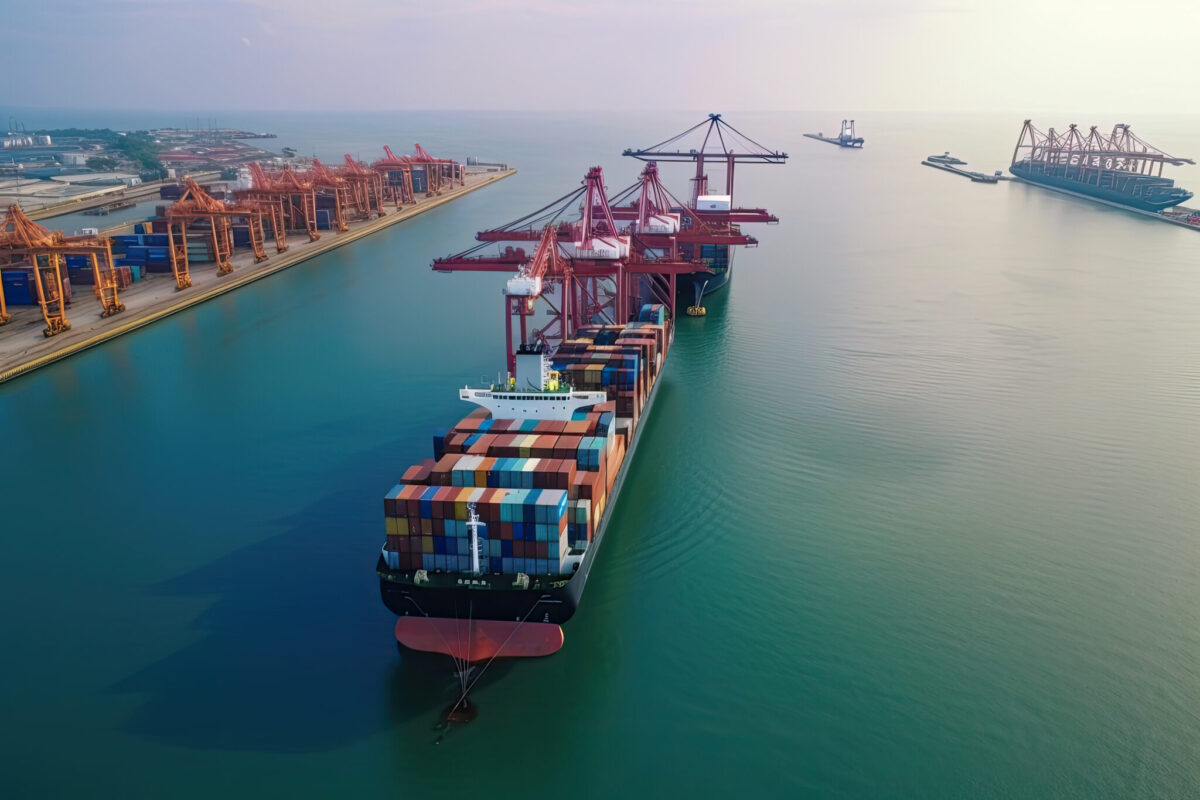Effect of Landlockedness on Economic Productivity

International Container Cargo ship in the harbor, Freight Transportation, Shipping. Ai generative | Source: Image by chandlervid85 on Freepik
Study Context
Research indicates being landlocked can help determine a country’s trade volumes and GDP. Specific costs relevant to being landlocked include fees to cross national borders and logistical challenges associated with differences in currencies or languages with the transit country. For example, firms in landlocked countries may need to convert their currency or communications into those of the transit country, which can be expensive. These challenges can add to the overall cost of doing business for landlocked countries. However, it is difficult to identify a causal relationship between landlockedness and economic activity due to many confounding variables between countries. This study will assess the impact of Eritrea’s secession from Ethiopia and the consequence of becoming landlocked on Ethiopia’s productivity and growth.
Study Design
This study will assess Ethiopia’s firm-level productivity, misallocation of goods, and aggregate total factor productivity before and after 1998, when the borders officially closed. To identify the impact of Ethiopia becoming landlocked on these outcomes, the research team will compare exporters and importers to non-trading firms, pre- and post-1998. They will further attempt to isolate any confounding variables to control for the types of freight different industries used. Further, the study will estimate the tariff equivalent costs of the secession, using the elasticity of trade and trade costs with respect to a change in tariffs, and the increase in trade costs associated with becoming landlocked.
Results and Policy Lessons
Results forthcoming.

